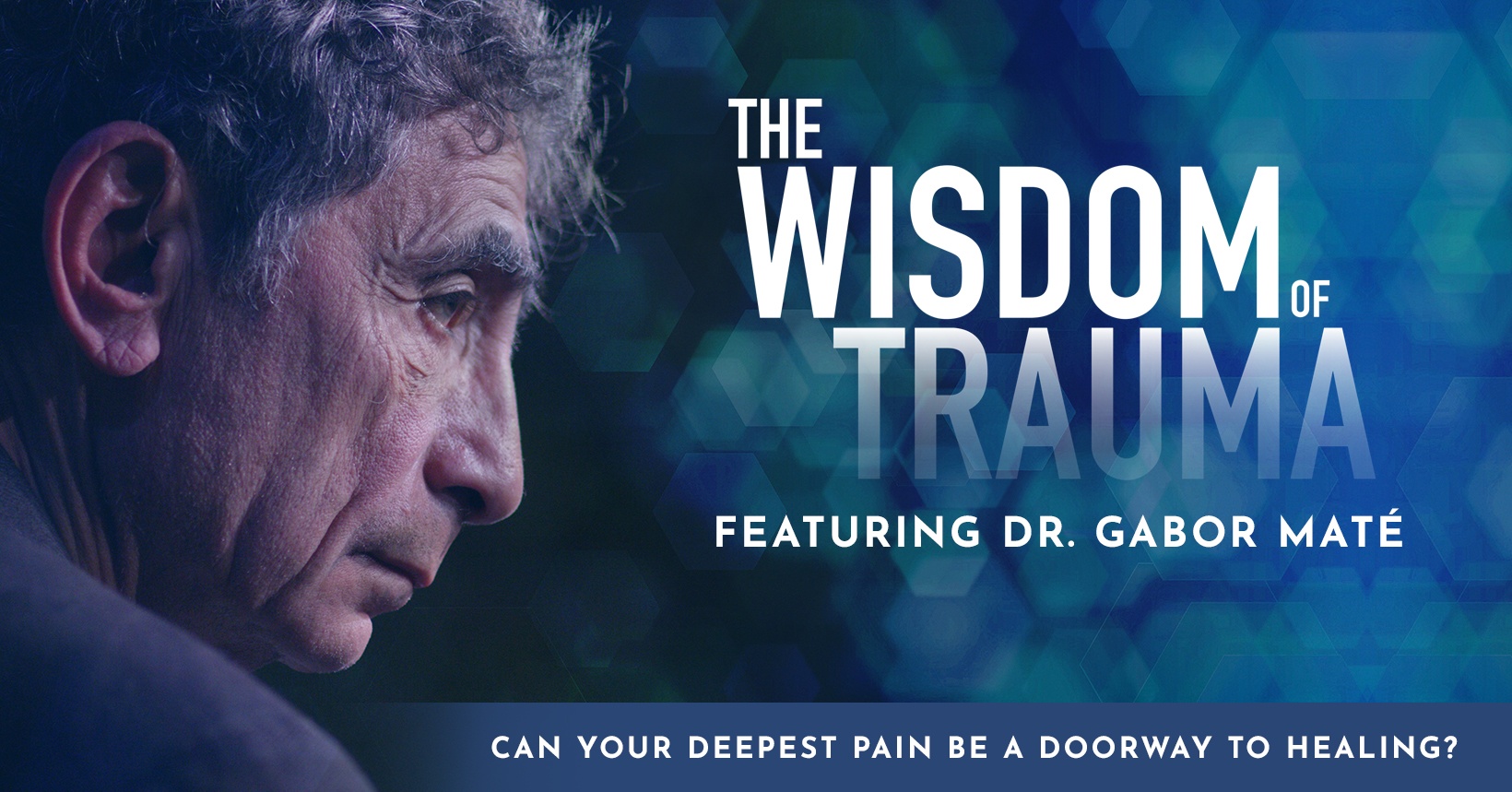
Comments by Brian Shilhavy
Editor, Health Impact News
As I am writing this on Saturday, October 14, 2023, the war in Israel is in danger of escalating into a full-blown World War, as Israeli forces seem poised to invade Gaza, while Iran’s government threatens retaliation if they do.
As I wrote yesterday, propaganda and lies are the norm from BOTH sides of the conflict now, with the predominate view of the majority of the general population of both Israelis and Arabs mostly censored, as the Billionaire financiers of weapons and war fund this propaganda to achieve their own evil purposes.
Today, I want to expose the readers of the Health Impact News network to the work of Dr. Gabor Maté, a Hungarian-born Jew who is a Holocaust survivor and former Zionist. While the mass media tries to portray ethnic groups as unified in their political and religious views, the fact is that no group of people are unified in their views and actions. To accept the view that an entire class of people think and act the same, is called “discrimination” and “prejudice.”
So this is a truth that is mostly censored: Not all Jews are Zionists!
Dr. Maté represents what I am confident is a majority view among Jews who do not support the Israeli government, and fully recognize the ethnic cleansing that the State of Israel has been inflicting on the Palestinian people since 1948.
Dr. Maté is a physician, best-selling author, and often referred to as a World Renowned Addiction Recovery Expert.
An interview he gave on the current war in Israel one day ago has already been viewed over 1 million times on YouTube, and I highly recommend this 12-minute video (I have replaced the YouTube video with a copy on our Bitchute channel).
Dr. Gabor Maté was interviewed in 2019 by his son, Aaron Maté, where he further elaborates on the very difficult and complicated issues regarding Israel and Palestine. This is the non-Zionist Jewish view, which I suspect represents more Jews today than most of the Zionist views.
Please educate yourself on these alternative views that are mostly censored in the mass media. Do not look for just things you can agree or disagree with, but view this with the goal of understanding how REAL people actually think, for the purpose of understanding them, rather than following the propaganda now being produced to divide the world with hatred and prejudice.
Gabor Maté on the misuse of anti-Semitism and why fewer Jews identify with Israel
Dr. Gabor Maté, a survivor of the Nazi Holocaust, offers a personal and historical perspective on anti-Semitism, Zionism, and Israel-Palestine.
Guest: Dr. Gabor Maté, mental health expert and best-selling author.
TRANSCRIPT
AARON MATÉ: Welcome to Push Back. I’m Aaron Maté. My guest today is Gabor Maté. He is a physician and author, and also my father. Dad, welcome back to Push Back.
GABOR MATÉ: Aaron, nice to be here again.
AARON MATÉ: So, we are talking today about antisemitism, particularly posing it as a problem on the left. This is an issue that in some ways tracks with your entire life. You were born into Nazi-occupied Hungary, you barely survived, you’ve been an activist for a long time in your life, particularly around the Israel-Palestine conflict. When you look at the issue today and how it is being discussed, what is your impression, and how do you think we should be approaching the issue of antisemitism today?
GABOR MATÉ: I think, first of all, we have to acknowledge that there is such a thing as antisemitism. That it is just not somebody’s fantasy, and particularly there is powerful and very painful reasons why people should be concerned about it. I’m talking about our fellow Jews, but also others. So, there’s, anyway, nobody has to be told that there’s a terrible, devastating history of it in the past century, particularly, but, you know, before then as well. So that issue needs to be taken seriously. And at the same time the seriousness that the issue merits has to be looked at in historical context, and that context today is largely framed by the Israel-Palestine situation, and very often the historical lessons and fears that people have absorbed around this issue get infused into the Palestinian question and very much confuse the question in the minds of a lot of people. So that’s the context in which we have to look at it.
AARON MATÉ: In your own experience, how long has that been going on for? Have you witnessed that dynamic, where basically antisemitism is weaponized to silence criticism of Israel and defense of Palestinian rights?
GABOR MATÉ: Well, I think we need to take a look at a longer view of the context in which all this has happened, and Zionism in its earliest stages was definitely a response to some very vicious antisemitism. So that the founder, or the
theoretical founder of Israel, Theodor Herzl, who, like me, was a Hungarian Jew, was…and he was a journalist, and he wasn’t someone with a heavy Jewish consciousness at all, until he saw the antisemitism in France in the very infamous trial of Dreyfus, a Jewish officer in France, falsely accused of spying for the Austrians, and the antisemitic manifestations that happened around it. And then he wrote this book called The Jewish State, where he comes from the 19th century perspective that every people have…should have their own state, and he said, “Well, the only way we’re gonna protect ourselves is to have our own state.”
Now, interestingly enough, in the book The Jewish State, Palestine is never mentioned. Herzl didn’t care where the Jewish state would be. He would have been happy to have it happening in the Congo or somewhere in Africa. And then there was…what gave Zionism its real impetus was pogroms and antisemitic violence in Russia, particularly, and in Eastern Europe, and so that the bulk of the Zionist movement comes from Eastern Europe and people like David Ben-Gurion and others.
AARON MATÉ: David Ben-Gurion, Israel’s first prime minister.
GABOR MATÉ: First, and one of the leaders of Zionism, and Vladimir Jabotinsky who was the founder of the Revisionist movement, which is the ancestor of today’s Likud party. These are all Eastern European Jews who are horrified into a nationalistic defense by what’s happening, what’s happened, at the hands of antisemitism. So, antisemitism and Zionism have always been connected. What is interesting is that in the beginning, from the beginning there were Jews who said, “Yeah, okay, we need a state, maybe, and we have a right to seek protection.” But the reality is that in Palestine, specifically, there’s already another people and there’s no way to create a Jewish state in Palestine without doing violence to the local population. And, so, from that perspective Zionism becomes a colonial project. It can only be achieved at the expense of the local population and only by cooperating with the leading imperial power at the time, which is Britain, which controls Palestine after the First World War.
And, so, within the Zionist movement there’s this debate, right, all of…you know, that somebody’s…there was a Zionist slogan, “a land without a people for a people without a land,” intimating that Palestine was an empty land. But the Zionists knew right from the beginning that there was no land without a people. And both Vladimir Jabotinsky and Ben-Gurion, in almost identical words, said that when the Arabs fight against us, it’s not terrorism, it’s nationalism; they’re fighting for their own land, just as we would in their situation. So, they were clear about this. Then you get the horrors of the Second World War, and the worst and the most horrific imaginable expression of events of antisemitism and racism in history. And now you have the identification of the Jewish state with Jewish survival and the fight against antisemitism. So that when a lot of the Eastern European Jews who emigrated to Palestine then came up against the Arabs, the local Arabs who, for perfectly valid reasons as Ben-Gurion and Jabotinsky pointed out, opposed the takeover their land, they just saw them as another bunch of antisemites. So, there was…there’s been this confusion right from the beginning.
Now, it’s become much stronger in recent years as more and more people around the world have woken up to the reality of the ethnic cleansing of Palestine that took place in 1948 and has really been taking place ever since. And so now the charge of antisemitism is being raised against just about any critic of Israeli policy. So it no longer matters that whether somebody actually is making a legitimate criticism or whether somebody’s coming from an antisemitic place, the two are confused, quite deliberately, I think, by propagandists who serve the interests of Israeli policy, and that means a lot of the mainstream Jewish leadership in North America.
AARON MATÉ: So, let’s talk personally for a second. Both you and I have been vocal about this issue for a long time. One of my first political memories is when you went to the Occupied Territories. I think I was…I must have been 10 years old. This is during the First Intifada, and you volunteer…you went as medical observer to what was happening in the Territories as Palestinians were rising up against military occupation. I remember hearing you on the radio, breaking down crying and sobbing at what you saw, and that’s one of my first, sort of, political formative memories. Well, first of all, what was that experience like for you?
GABOR MATÉ: So, I visited Palestine, the Occupied Territories in the West Bank and Gaza, in the second or third year of the First Intifada with a medical delegation organized by a Jewish woman from California. And our interest was just to see medical services and the challenges they faced under the occupation. But, you know, to see the…even then, and it’s much worse now, but even then, this is early 90s, I think, to visit the Occupied Territories was to witness horror. The humiliation that the Palestinians had to undergo daily, you had to see it to believe it. The oppression, the fear, the heavy presence and hand of the Israeli military, the destruction of the Arab homes, the deprivation of water rights, and just the sheer humanity of it. I cried for two weeks. I cried every day, and personally I was, inappropriately, but feeling guilty that I’d ever been a Zionist. And I used to be a Zionist. And I thought…but, of course, in retrospect was my Zionism made every sense in the world, because coming out of antisemitic Eastern Europe, Zionism, when I was a teenager, gave me a totally different interpretation of history, in a sense of valuation and validation, and yes, we can fight back, and yes, we can assert ourselves in the face of all that horror and all that hatred. So, for me that was an act of self-affirmation to become a Zionist. But there I am in Palestine and I’m seeing what that cost the Palestinians. Now I’m full of grief and, so, particularly the interview that you heard was Israel army, Israeli border or border troops had massacred some Palestinians in the village, and I was talking about that on Canadian radio. This is when I was there, and I saw the aftermath.
AARON MATÉ: Okay, so that self-affirmation you felt as a younger man, as a Zionist, that sense of belonging, can that help you? And can you, based on the experience you had, can you help offer us some insight then in how then to deal with people who remain blinded by their attachment to Israel today, and blinded by any sort of unhealthy or unjust political attachment today?
GABOR MATÉ: Well, I’ve had a series of disillusionments in my life. So, I grew up in communist Hungary and I bought into the regime’s propaganda about justice and freedom and, you know, what they called socialism, which is a very dictatorial, oppressive, brutal system. So, then Hungarian Revolution breaks out in 1956 and the Hungarians rise against this dictatorship—and the foreign-imposed dictatorship…
AARON MATÉ: From the Soviet Union.
GABOR MATÉ: From the Soviet Union. Also, I get disillusioned, I lose my illusions. Then I come to the West, now it’s capitalism and Western democracy and the United States that is the ideal and the protector of the free world and human dignity. And a few years later the Vietnam War happens, and I see the Americans massacring these Asians relentlessly and brutally. Three million. So, I get disillusioned again. And then there’s my Zionism, which is okay, now we’re going to redeem ourselves through this Jewish state. And then the ‘67 war happens and by that time I had this question in my mind: how can the same media that supported the Vietnam War also support Israel? Is there something going on here? And what’s going on, of course, is that…and then I did the research and I learned that the war wasn’t the way it was portrayed, it was actually quite a deliberate act on the part of Israel. They knew what they were doing, and they did it to occupy territory and to destroy Arab nationalism—with the support of the West.
AARON MATÉ: Without even knowing the details of ’67, just on the face of it, the fact that the supposedly defensive war, where Israel avoids, you know, virtual elimination, they happen to end up acquiring coveted territory in all their neighboring states. You know, it’s just…it’s quite the…it’s quite the coincidence.
GABOR MATÉ: Well, when you actually look at the history of it now—I researched it then as a student activist—but when you look at history now, no Israeli military leader ever thought for one millisecond that they were in any danger. They laugh about it, they planned it, they knew it and they launched the attack, so-called preemptively. I don’t have to go into the history of it, it’s too complicated, but it’s worth noting that everything we’re talking about has been documented. So, the ethnic cleansing of Palestine in 1948, even before then, the ongoing of occupation, the deprivation of land rights from the Palestinians, the continued ethnic cleansing. You know, the territory that Netanyahu recently said he would annex…
AARON MATÉ: The Jordan Valley.
GABOR MATÉ: The Jordan Valley in 1967 had 360,000 Arabs. Now it has 60,000 or something of that. What do you call that? You call that ethnic cleansing. I mean, this is all documented, and it’s been documented by Israeli historians and by Jewish historians from the States. You don’t have to be an antisemite to recognize what is happening in Palestine. So the larger issue is, of course, is not just between Jews and Arabs, but also the imperial politics and the fact that Israel plays a certain role in the world domination that’s still exerted by the United States, and that’s why the media protects Israel, and, you know.
But, personally, what I want to say is that I’ve been through a series of disillusionments, and you think that’s a bad thing, but it’s a good thing. Because would you rather be illusioned or disillusioned? Would you rather have illusions about the world, or would you rather see the way things are? So, to get disillusioned, it’s actually a good thing. The problem for a lot of people in this world, Jews included, is they…that they identify with something, and when that something then comes under scrutiny they feel personally attacked. Now, to identify with something comes from the Latin word “idem,” which means “the same,” and “facere,” to “make.” So, when you identify, you make yourself the same as something else. So, if I identify with Israel as the Jewish state, then when Israel is criticized, I’m criticized personally. Or if I identify with the United States as a state, or Canada, or, you know, in the province of Alberta these days. Alberta is in economic trouble, it’s got this oil sands, everybody in the world knows that oil sands are horrible for the climate and for the environment. So, but the Albertan government now talks about “anti-Alberta-ism,” on the part of those people that criticize their energy policies which are very much in favor of the oil companies and the oil sands. So that when you identify with something, whether for economic or emotional or political or any combination of reasons, and you make yourself the same as that, then when that’s criticized, you’re gonna feel criticized. And so, what I’m saying to people is, don’t afraid to be disillusioned, don’t afraid…
AARON MATÉ: Don’t be afraid to be disillusioned.
GABOR MATÉ: Don’t be afraid to be disillusioned. It’s better to be disillusioned than to be illusioned, and don’t be afraid to be disidentified, you know, don’t identify with something outside of yourself to the extent that you become uncritical and blind.
And you know these days, I read a book by Albert Speer. Albert Speer was Hitler’s architect and armaments minister, I think. He spent 40 years in jail as a war criminal in Spandau, after the war. And in his biography, he talks about that everyone was always asking me or my generation [Speer’s] what we knew about what was going on, the crimes, the antisemitic and anti-people and the anti-human crimes of the Nazi regime. And he said the real question is not what we knew but what we could have known, had you wanted to find out. And he gives a couple of examples which I won’t detail now, where he had very strong clues that something horrible was happening in the east, i.e., the death camps, but he never pursued the clues. He didn’t want to find out. He didn’t actually know. I believe he didn’t know. But he could have known, and he didn’t want to know.
Now that’s the same dilemma for all of us, the difference being that these days you can read the Israeli histories of the ethnic cleansing of Palestine. In fact, there’s a book called The Ethnic Cleansing of Palestine by the Israeli historian Ilan Pappé, who had to leave Israel, lives in Britain now, he came under such hostility. You can read the articles of Gideon Levy in Haaretz, the Israeli newspaper that details it almost daily, the horrors of the occupation. You can go online and see any number of Israeli soldiers talk about what they had to do and how ashamed they are of what they did in the Occupied Territories. So that the question for a lot of people these days is not, what do you know—because it’s true, if all you do is you read the mainstream media, you’re not gonna find out very much—but what you could find out, if you wanted to. So, don’t be afraid to be disillusioned.
AARON MATÉ: But then how do you deal with people who have been hoodwinked, I think, by cynical weaponization of antisemitism? Like, for example, in Britain there are a lot of people who are convinced that Jeremy Corbyn, the leader of the Labour Party, is an antisemite, not, I think, based on his actual record. In real…in reality, he’s been a lifelong anti-racist, an opponent of antisemitism. His crime has been the fact that he’s also a proponent of Palestinian rights, and he is a real progressive and he threatens the neoliberal elite there. And I think if you look at the facts, you’ll see an effort to undermine him with these false charges of antisemitism. And there are many people who you could argue are acting in good faith, maybe have the same mindset that you once had as a young Zionist, the feeling that their sense of identity is being threatened. How do you advise dealing with people like that and discussing the issue with them?
GABOR MATÉ: Well, insofar as it is a discussion at all, I would say to them, you know what, you’re totally right to be worried about antisemitism—and racism in general. There’s a lot of racism in this world. There’s anti-Muslim racism, there’s anti-Roma racism, there’s anti-black racism, obviously, and there’s antisemitism. And whenever there’s a crisis in society, racism sharpens. So, there’s genuine antisemitism. For example, I went on a TV program, a British TV program, now that you’re talking about Britain, where I talk about Corbyn’s non-antisemitism. And a commentator on the website writes—and I mentioned I used to be a Zionist, I’m not a Zionist anymore—he says, in one comment writes, “Oh yeah, he used to be a Zionist, but now he realized it was a sinking ship so he jumped like a rat.” You know, now, to that particular person, it doesn’t matter what a Jew does, it’s wrong. That’s an antisemite. In other words, there was a Roman emperor once, a very famous story, or it’s actually the famous story of where he’s proceeding through Rome and this Jew greets him, you know, does him honor. And the emperor says, “Punish him. How dare this Jew draw attention to himself in the presence of a Roman emperor?” A few straights later another Jew, having heard this one, doesn’t respond when he sees the emperor, and the emperor says, “Punish him. How does a Jew not acknowledge the presence of the emperor of Rome?” And ends with, when people around him ask him, “Well, how can you have it both ways?”, he said, “You see, you don’t understand. To me it doesn’t matter what the Jew does. It is the very fact of the Jewishness that I hate.” Now that’s an antisemite.
So, you have to acknowledge it, and you have to acknowledge the Pittsburgh massacre [synagogue shooting] and…and then you have to say, but having said that, yes, there’s antisemitism in the world. Let’s actually look at where it’s coming from and let’s actually look at what it means. And can you criticize a Christian without being anti-Christian? Can you criticize a British political leader without being anti-British? Can you criticize an American political leader or a policy without being anti-American? Can you criticize an Albertan policy without being anti-Albertan? Then at least you have to concede the fact that it’s possible to criticize Israeli policy without being an antisemite. And, why don’t you, if you really want to open yourself, listen to the Israelis who’re critical of their government’s policy?
There’s a new book in the States now, just read about in The Nation magazine this morning, about the new Jewish movement to reclaim Judaism from the mainstream organizations who have totally identified Judaism with Israel. And this new book by a Jewish author, a professor in the States, is about the Jewish movement to reclaim Judaism from the…from Zionism, and actually ground Judaism in the prophetic social justice tradition that’s very much a huge basis of Jewish tradition. And so that’s how you talk to them. You first of all acknowledge that they have a genuine concern and then you separate that concern from the actual reality, and you also point out just how manipulative it is to call Corbyn an antisemite. Corbyn goes to a rally where a former concentration camp survivor, a Jew says, not for the first time, that we don’t have the right to do to others what was done to us, that this is similar, you know. I’m not saying that this is genocide, but that the injustice and the oppression…
AARON MATÉ: Yeah, and the ghettoization of the Gaza Strip, especially.
GABOR MATÉ: Ghetto, yeah.
AARON MATÉ: It’s very much akin to what happened.
GABOR MATÉ: So Corbyn goes to this rally where this Jewish person speaks, and Corbyn’s accused of being an antisemite because he’s present when a Jew criticizes or points out the similarities in the ghettoization of Gaza and the ghettoization of Jews. So, it’s false. So, you have to ask people to actually look at, just open their minds and open their hearts to the actual humanity of it. You know, it takes tremendous denial not to see the facts about Israel-Palestine.
AARON MATÉ: Let me ask you about one dynamic that the author and scholar Norman Finkelstein has written about, which I find very fascinating.
GABOR MATÉ: Yeah.
AARON MATÉ: Where he talks about Israel as not just being identified with Jewish identity, but also especially in an American context with assimilation into the power structure and the desire accordingly to hold onto that by defending Israel. And he’s speaking specifically of the period after 1967. We talked earlier about Vietnam in 1967 where, you know, after 1967 when Israel smashed Arab nationalism and captured territory, Israel’s stock went up in the eyes of the US government, and all of a sudden Israel then became a very favored ally. And accordingly, Finkelstein says that whereas before ’67, Israel did not play a very big role in the North American Jewish community. It did after 1967. And so part of what he’s pointing out there is that, in fact, when Jews that are celebrating Israel and tying themselves to it, after 1967, they’re not just embracing their…what they believe is a reflection of their Jewish identity, they’re actually reinforcing their assimilation into the U.S. power structure, because identifying with Israeli power also means identifying and reinforcing American power.
GABOR MATÉ: Yeah, well, Norman Finkelstein as always is a very astute observer who’s paid very heavily for his advocacy of reality in the Israel-Palestine conflict. And it’s true, Zionism did not used to be the mainstream movement amongst American Jews. In the 30s it was a minority movement. In the 40s after the horrors of the Holocaust and the establishment of Israel, there was more and more identification with and concern for Israel, but it didn’t become…the identification didn’t become so strong and solidified until after ’67. And once America embraces Israel, then those Jews that really want to assimilate in American society and become a part of American society embrace Israel as well, just as Norman says, not only out of their Jewish identification with the Jewish state but also with the identification with the American state and its interests and its ideological concerns. So, yes, I can only support what he said there. Which makes it all the more difficult for, for…I should put it differently. It makes it all the more inspiring, that so many young Jews actually are breaking with that, with that tendency. That there really is, really an increasing movement amongst young Jews to look at the truth here and…and to separate themselves from their elders’ identification.
When I…in ‘67 when I…and I wrote about this in ’67…once I researched the war, I said…I just wrote an article for a local paper saying, you know, this…Israel started this war, quite deliberately. Doesn’t matter how it looks in the media. This is what happened. My dad kicked me out of our house. Your grandfather booted me out of our house.
AARON MATÉ: I never knew he was that political.
GABOR MATÉ: Well, he wa…, well look, he…
AARON MATÉ: On that issue, I guess.
GABOR MATÉ: He was survivor of forced labor in the Second World War and, you know, a survivor of genocide. And, so, it’s totally natural. And to his credit, to the end of his life, at the…towards the end of his life, in his 70s he actually became a critic of Israel. He actually joined an organization called Jews For a Just Peace.
AARON MATÉ: That was, like, ten Jews in Vancouver.
GABOR MATÉ: Well, it began with ten Jews in Vancouver.
AARON MATÉ: Who were critical of the occupation, I remember that.
GABOR MATÉ: Yeah, yeah, but what I’m saying is there’s been a sea change. So those of us that are older, we remember what was like to be totally isolated in our communities for daring to speak out against the injustices visited on the Palestinians. Now there’s a large movement of young Jews who are very vocal and very active, and it’s getting larger and larger. So, I think actually what’s happening, I think two things are happening. One is that, as the generations that identify their history so much with the Holocaust get older and new generations arise, there’s less fear. People are acting less out of fear. And two is, the contradictions of this society, in American society and American global empire becoming more and more clear to people. That also shows light on Israel-Palestine conflict, so it’s…it’s terrific to see. I’m not sure what question I’m answering anymore.
AARON MATÉ: Well, let me…let me finish by asking you, just to talk more about that as to what extent do you think fear and trauma drive the conversation about the Israel-Palestine issue, and drive, you know, heavy political conversations in general and how to overcome that.
GABOR MATÉ: Well, that would be a really interesting conversation to have. But I’m now researching my next book, and one of the things that’s becoming clear, that fear from generation is actually passed on to the next generation. And it actually affects the physiology of the next generation, so that…and fears are one of the most powerful human drive[r]s. So, politicians know that, that’s why they’re… they appeal so much to people’s fears. But it also means that as people liberate themselves from fear, they’re less likely to identify with political causes that are rooted in fear. So, I think as we move, as generationally we move further away from the horrors of the…of the genocide…
AARON MATÉ: Of the Holocaust.
GABOR MATÉ: Of the Holocaust, yeah you…we’re gonna see more and more Jews disidentifying in a healthy way. And, by the way, you know, the other point about antisemitism is, when the Zionist says that Israel is the Jewish state, in other words, the state of the Jews and what we’re doing is in the name of the Jews, well, then somebody who’s critical of that, that’s an antisemitic statement.
AARON MATÉ: Mmm hmm, yep.
GABOR MATÉ: That, in itself, is an antisemitic statement, and at least it invites antisemitism. And it’s interesting what Israel…Zionism and antisemitism…a book that you didn’t read but I did, it had a huge impact on my generation, it was called Exodus by Leon Uris, and it was a novel that gives the most shrill Zionist interpretation to history.
AARON MATÉ: Yeah.
GABOR MATÉ: The hero of the book, his name is Ari Ben Canaan, and he’s an Aryan-looking Jew. He’s a Jew that doesn’t look like a Jew, and…
AARON MATÉ: It fulfills the fantasy of being, of being the tough Jew…
GABOR MATÉ: The tough one…
AARON MATÉ: The one that didn’t perish in the Holocaust.
GABOR MATÉ: The tough, non-Jewish-looking Jew. Yeah, that’s it. That’s to me, that’s a self-hatred, that you have to look like an Aryan in order to be a heroic Jew, you know. And it’s interesting with him because that same author writes a book called Mila 18, which is about the Warsaw Ghetto. That book was a total rip-off of a much better book called The Wall, by John Hersey. But the hero that is another Jew that looks like an Aryan gets away with not looking like a Jew! And I identif…I talk about it because I identified so much with that, so there was an element of self-rejection, you know, in that I had to be tough and I have to be…I have to reject who the Jew is, in order to be a real Jew, you know. So, it’s a complicated business, I think, just a…people need to really think for themselves, and to look at their emotions, including what emotions are driving their position on a certain political issue, because very often emotions are far more powerful in politics than the actual content.
AARON MATÉ: Well, we’ve done that with Russiagate in our last conversation, we’ve done that now with antisemitism, and I look forward, Dad, to doing more with you, exploring that very dynamic when it comes to politics and how we interact with it. Gabor Maté, thanks very much.
GABOR MATÉ: Thank you for having me.
Related:
Truth is Now CENSORED – Hate and War are Too Popular and Too Prosperous
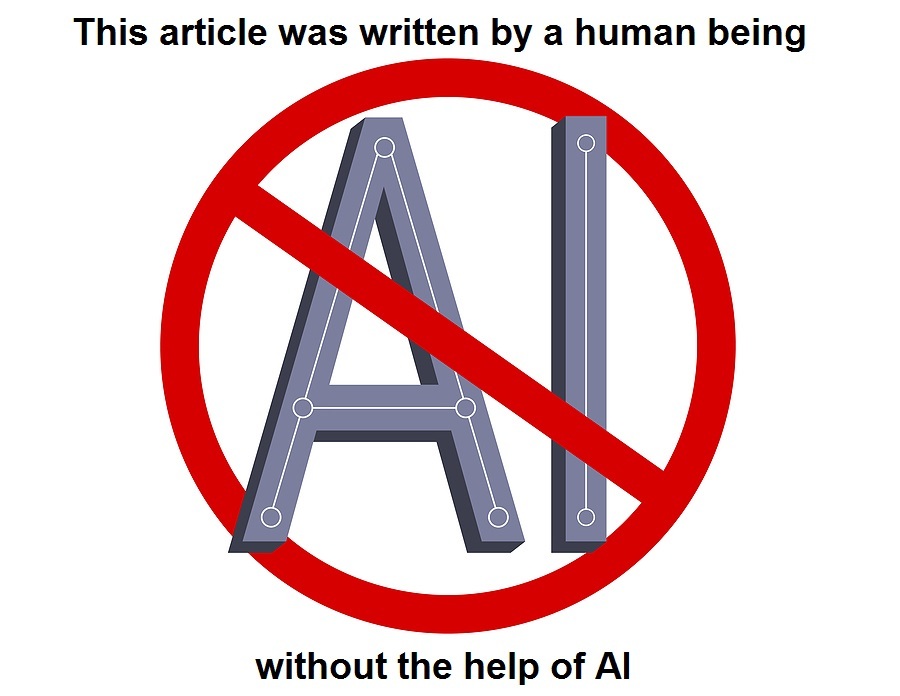
See Also:
Understand the Times We are Currently Living Through
Exposing the Christian Zionism Cult
Jesus Would be Labeled as “Antisemitic” Today Because He Attacked the Jews and Warned His Followers About Their Evil Ways
Insider Exposes Freemasonry as the World’s Oldest Secret Religion and the Luciferian Plans for The New World Order
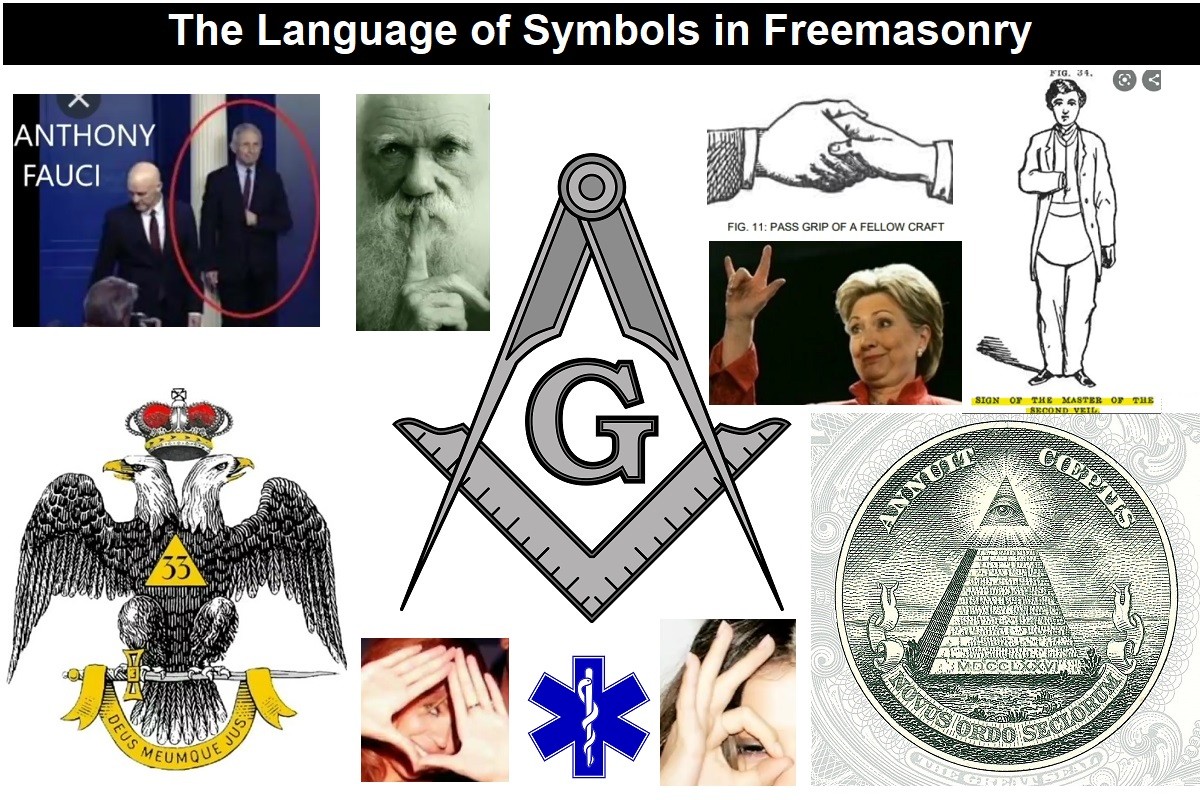
Identifying the Luciferian Globalists Implementing the New World Order – Who are the “Jews”?
Who are the Children of Abraham?
The Brain Myth: Your Intellect and Thoughts Originate in Your Heart, Not Your Brain
Fact Check: “Christianity” and the Christian Religion is NOT Found in the Bible – The Person Jesus Christ Is
Christian Myths: The Bible does NOT Teach that it is Required for Believers in Jesus to “Join a Church”
Exposing Christian Myths: The Bible does NOT Teach that Believers Should Always Obey the Government
Was the U.S. Constitution Written to Protect “We the People” or “We the Globalists”? Were the Founding Fathers Godly Men or Servants of Satan?
The Seal and Mark of God is Far More Important than the “Mark of the Beast” – Are You Prepared for What’s Coming?
The United States and The Beast: A look at Revelation in Light of Current Events Since 2020
The Satanic Roots to Modern Medicine – The Mark of the Beast?
Medicine: Idolatry in the Twenty First Century – 8-Year-Old Article More Relevant Today than the Day it was Written
Having problems receiving our emails? See:
How to Beat Internet Censorship and Create Your Own Newsfeed
We Are Now on Telegram. Video channels at Bitchute, and Odysee.
If our website is seized and shut down, find us on Telegram, as well as Bitchute and Odysee for further instructions about where to find us.
If you use the TOR Onion browser, here are the links and corresponding URLs to use in the TOR browser to find us on the Dark Web: Health Impact News, Vaccine Impact, Medical Kidnap, Created4Health, CoconutOil.com.





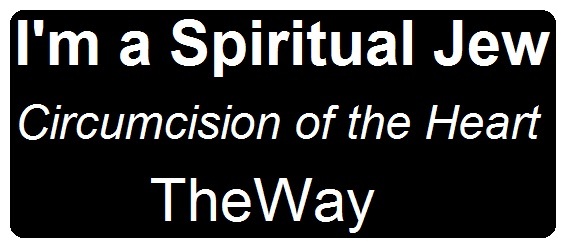
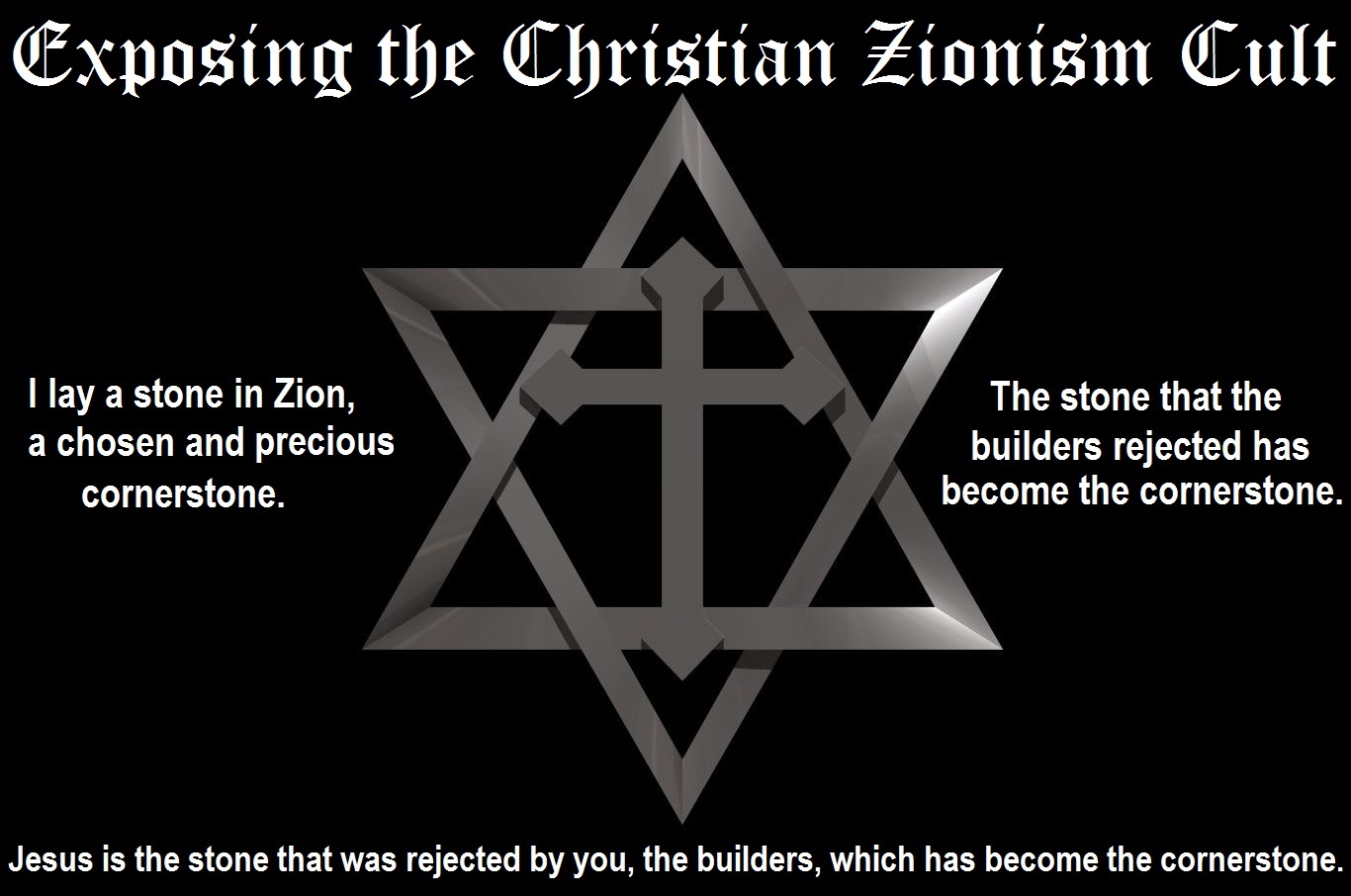
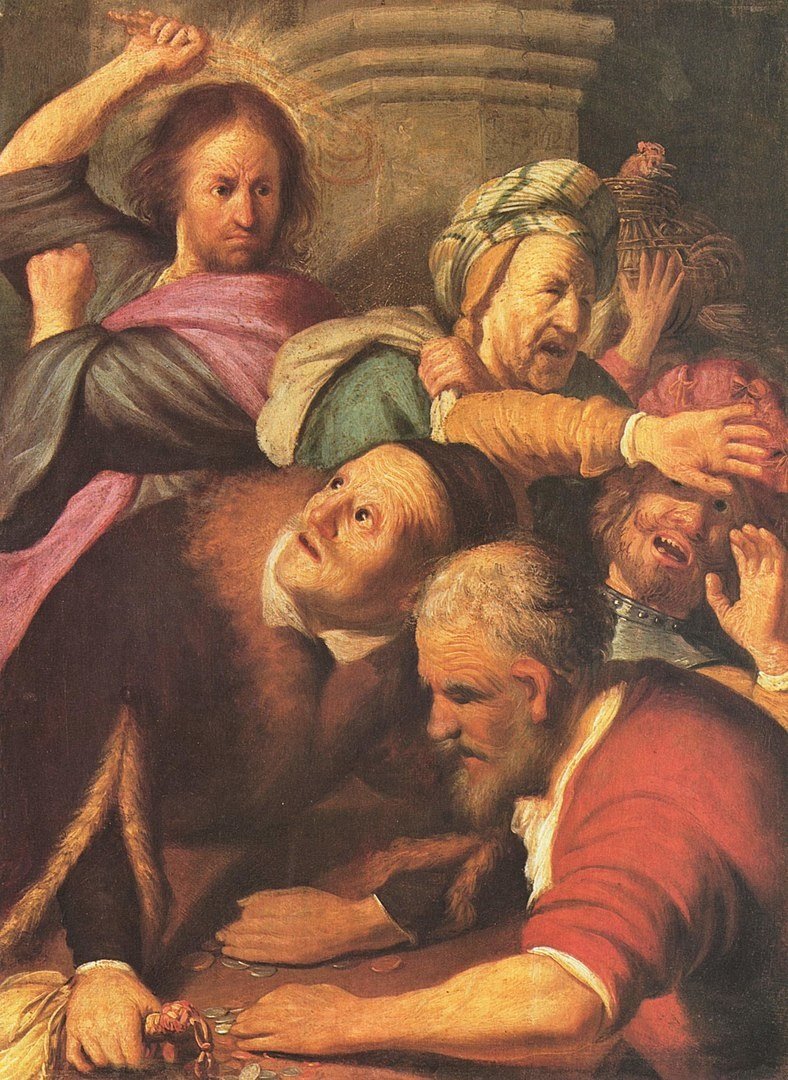

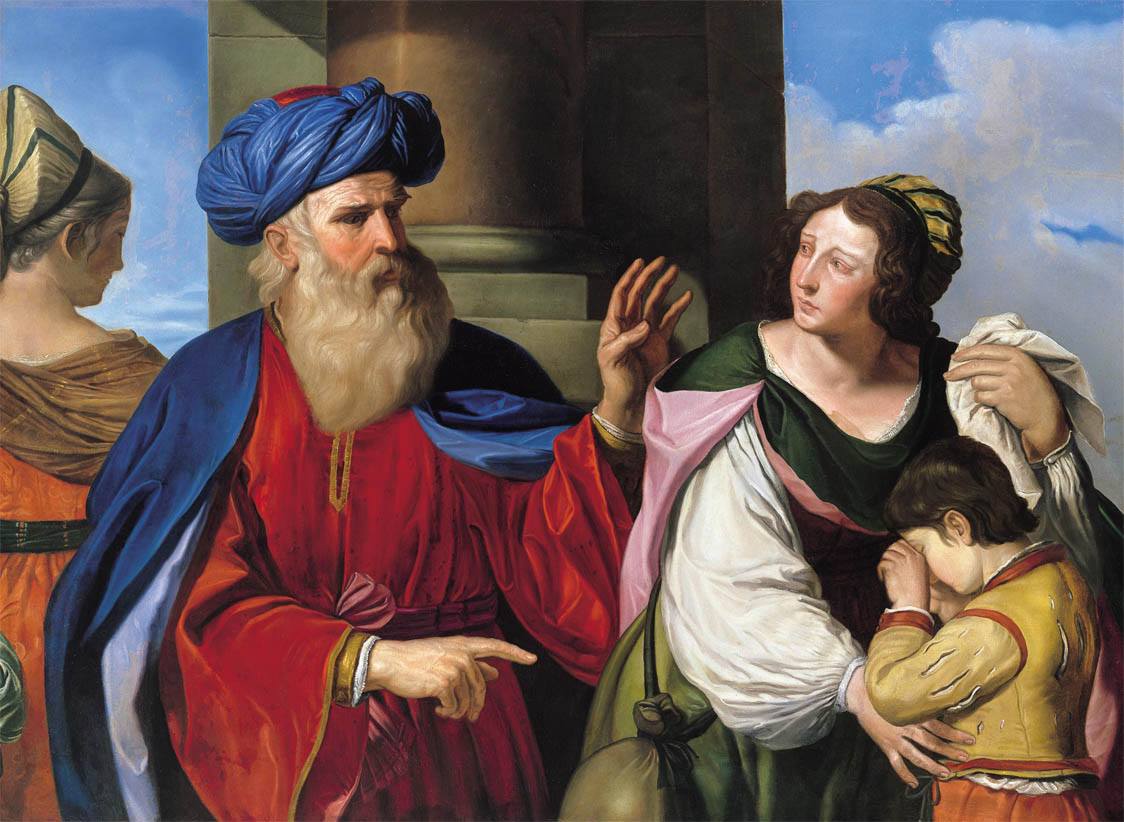
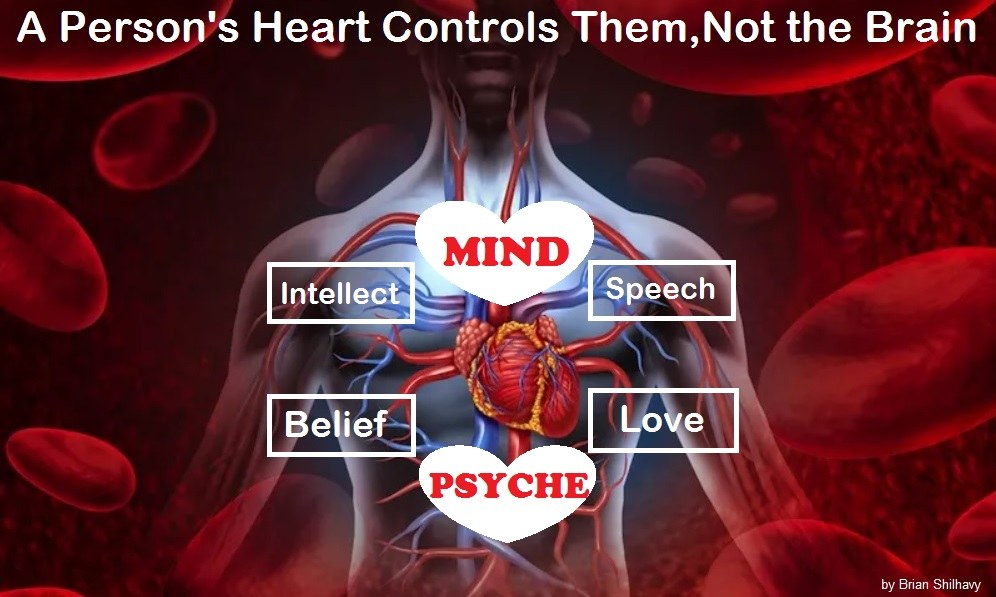
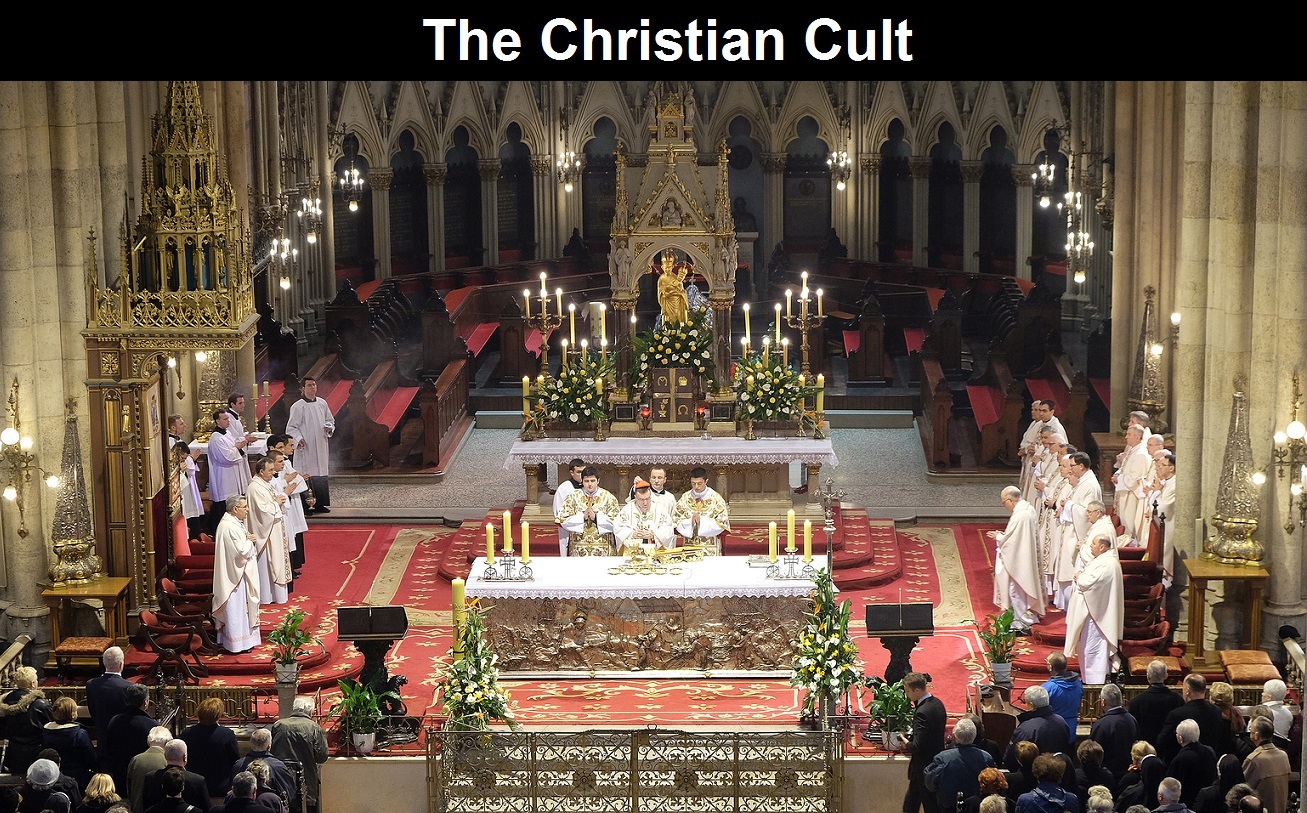
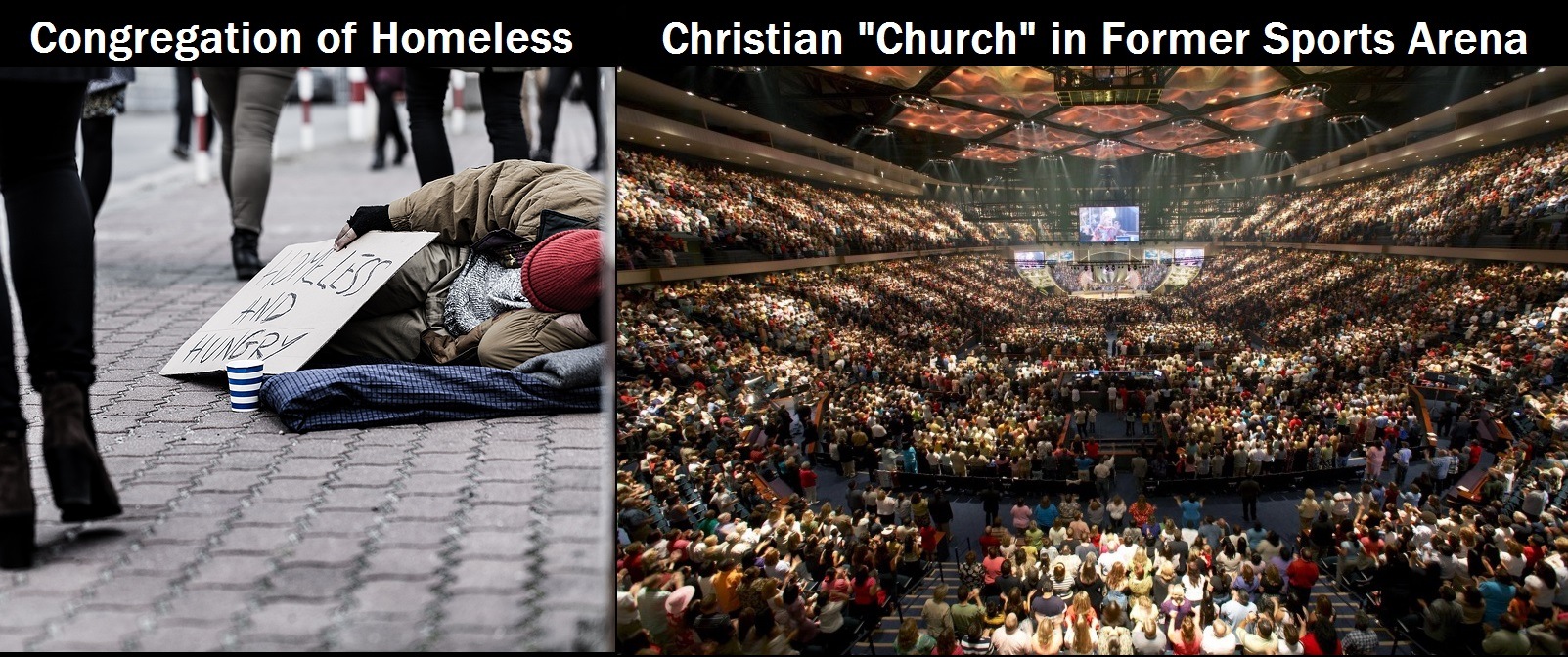
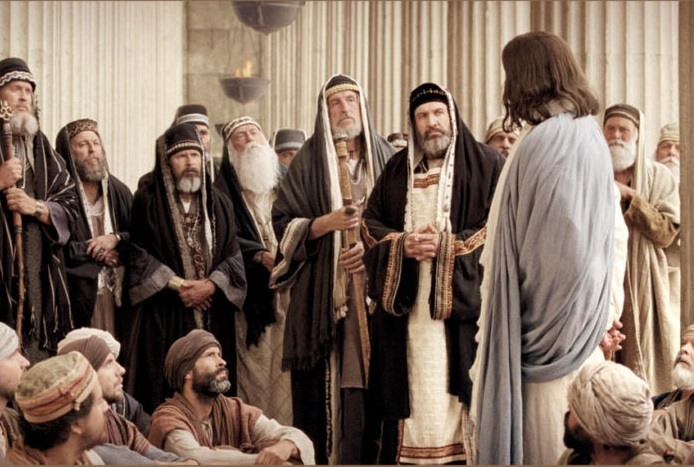
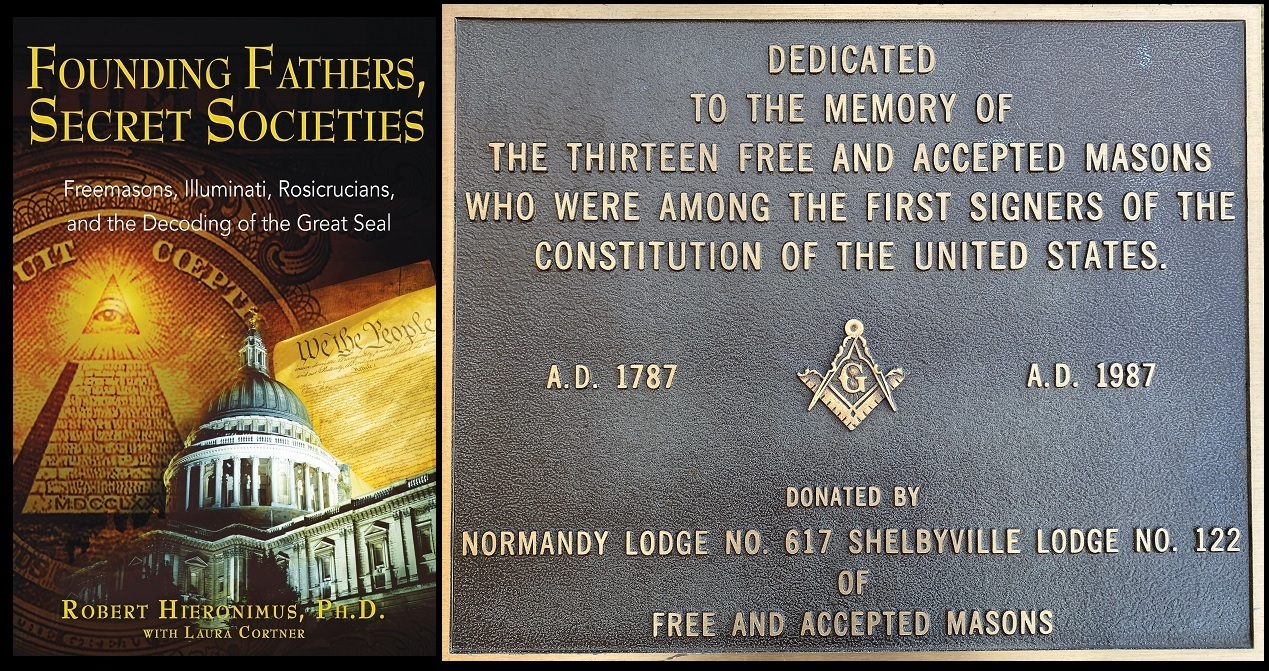
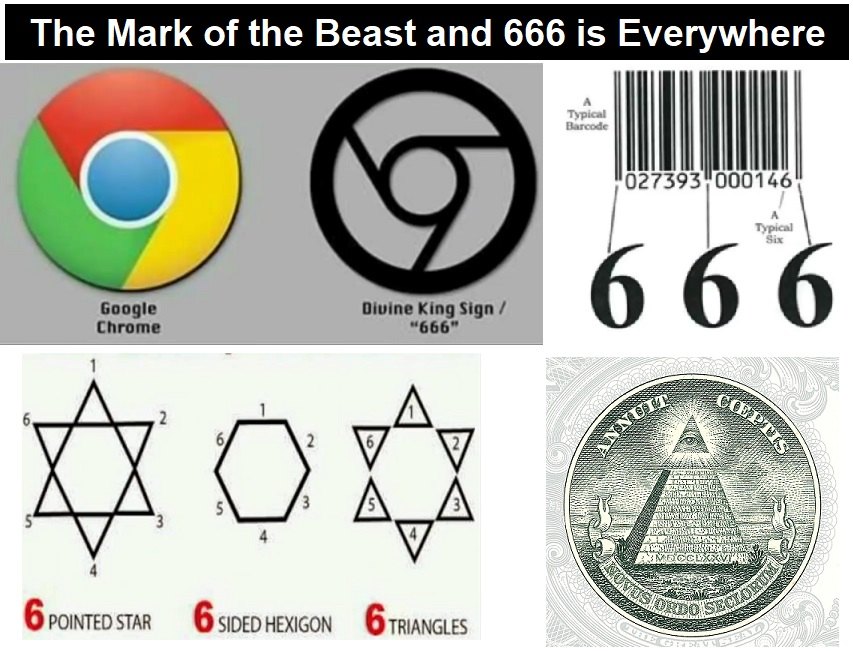
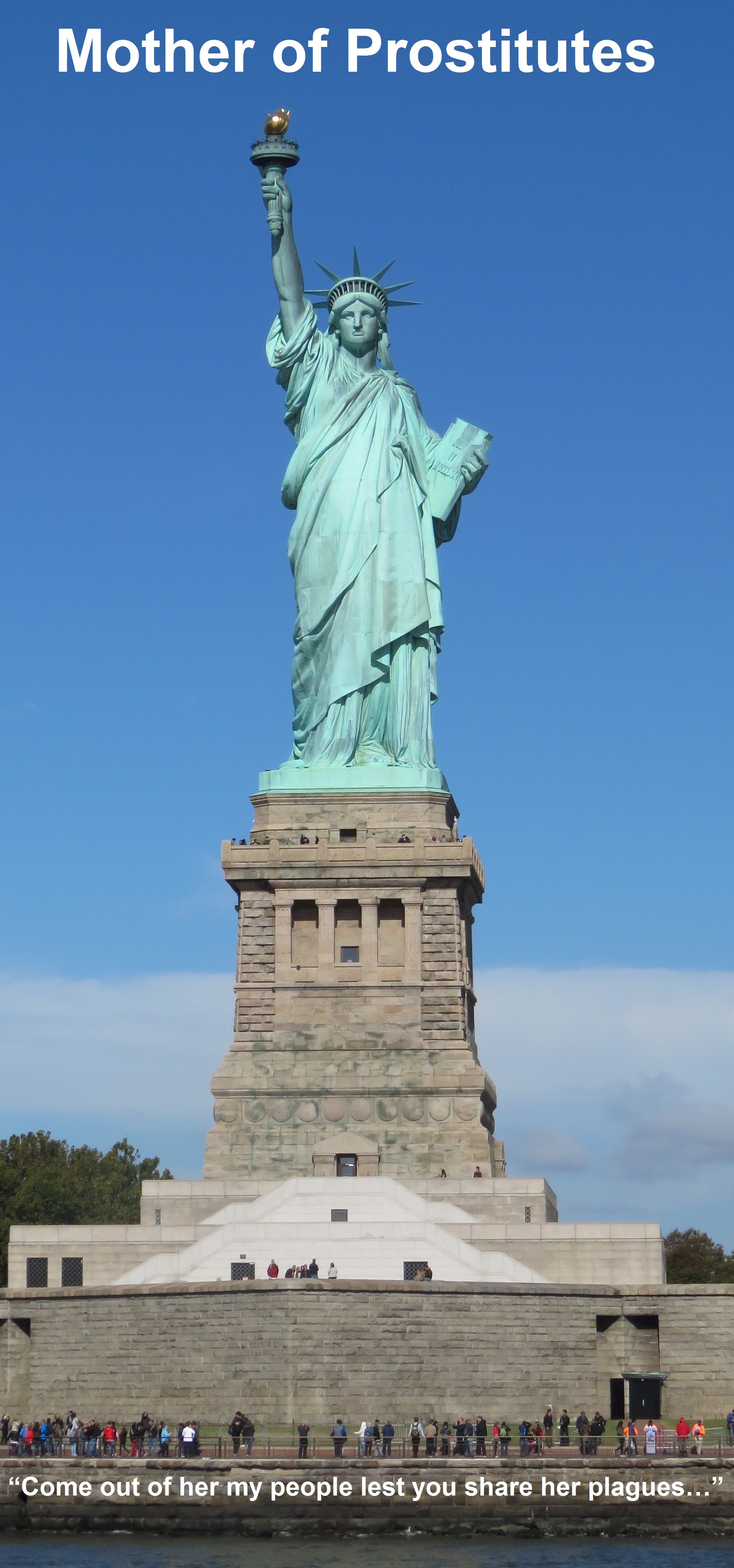

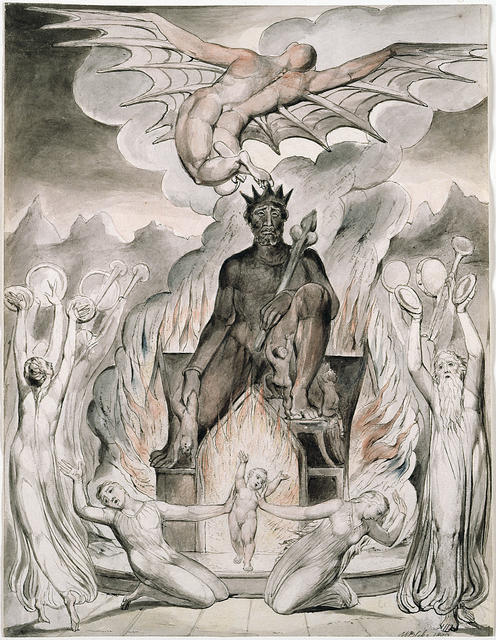


Join the Discussion